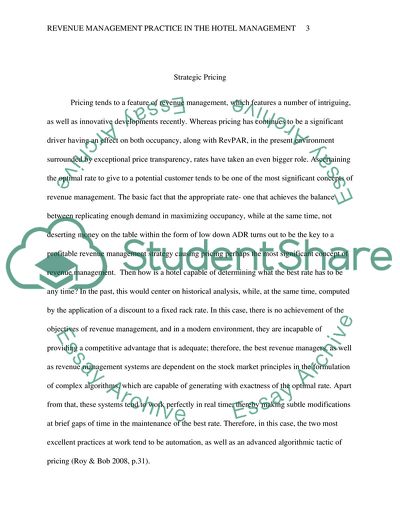Cite this document
(“Evaluate the application of revenue management practice in the hotel Essay”, n.d.)
Evaluate the application of revenue management practice in the hotel Essay. Retrieved from https://studentshare.org/tourism/1595406-evaluate-the-application-of-revenue-management-practice-in-the-hotel-industry-and-discuss-its-impact-on-customers-in-the-hotel-industry
Evaluate the application of revenue management practice in the hotel Essay. Retrieved from https://studentshare.org/tourism/1595406-evaluate-the-application-of-revenue-management-practice-in-the-hotel-industry-and-discuss-its-impact-on-customers-in-the-hotel-industry
(Evaluate the Application of Revenue Management Practice in the Hotel Essay)
Evaluate the Application of Revenue Management Practice in the Hotel Essay. https://studentshare.org/tourism/1595406-evaluate-the-application-of-revenue-management-practice-in-the-hotel-industry-and-discuss-its-impact-on-customers-in-the-hotel-industry.
Evaluate the Application of Revenue Management Practice in the Hotel Essay. https://studentshare.org/tourism/1595406-evaluate-the-application-of-revenue-management-practice-in-the-hotel-industry-and-discuss-its-impact-on-customers-in-the-hotel-industry.
“Evaluate the Application of Revenue Management Practice in the Hotel Essay”, n.d. https://studentshare.org/tourism/1595406-evaluate-the-application-of-revenue-management-practice-in-the-hotel-industry-and-discuss-its-impact-on-customers-in-the-hotel-industry.


